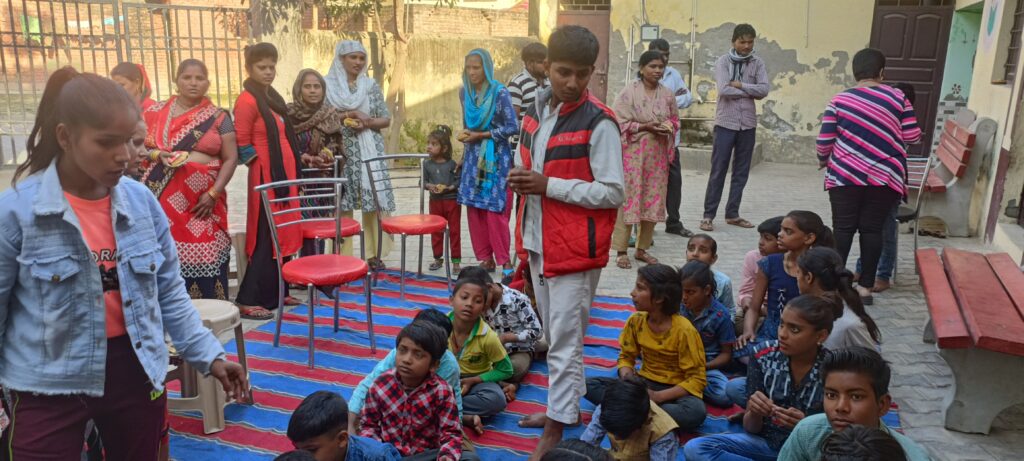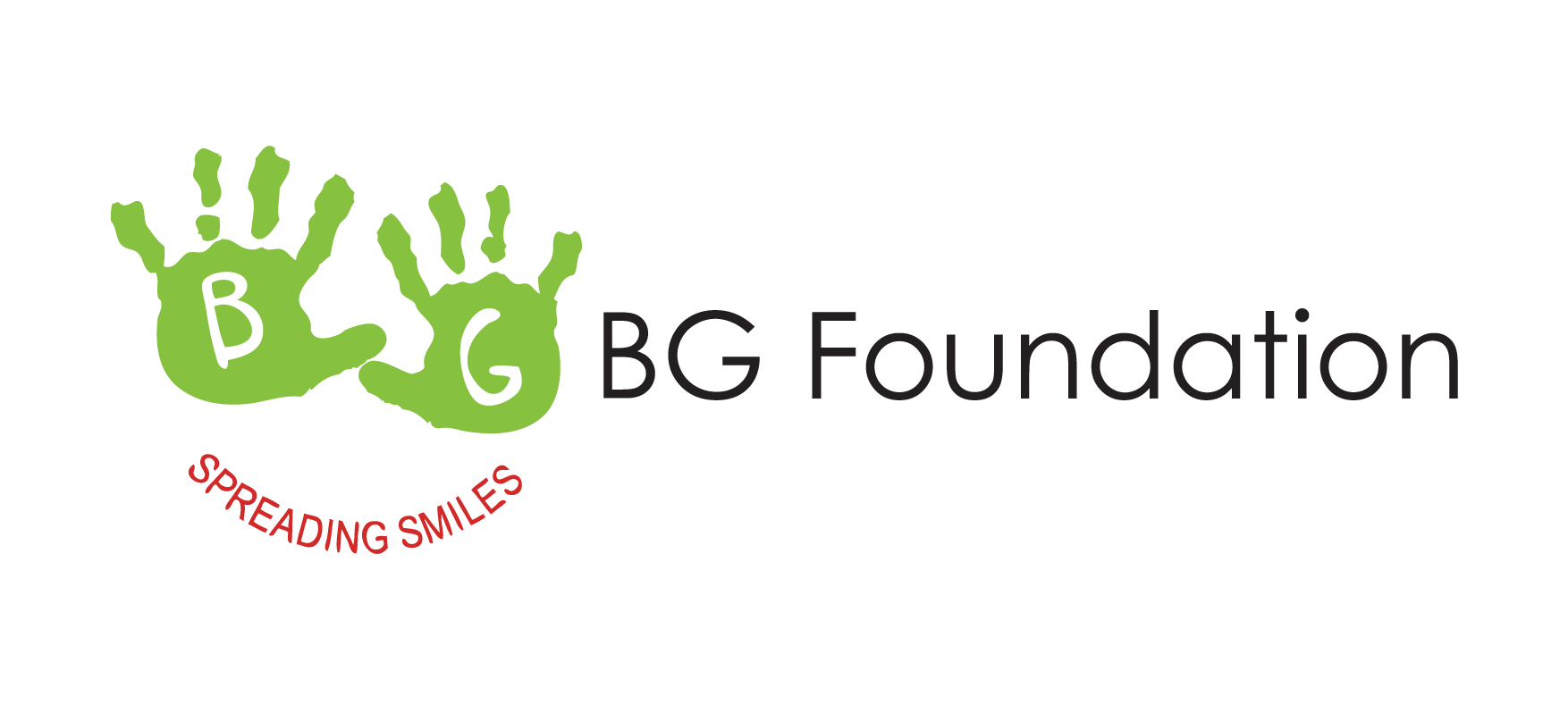The Power of Empowering Girls: How Investing in the Girl Child Can Transform a Nation
Why Empowering Girls is Critical for National Development

Empowering girls is not only a matter of gender equality, but it is also crucial for national development. When girls are empowered, they have the opportunity to reach their full potential and contribute to the progress of their communities and countries.
By investing in girls’ education, health, and well-being, we can break the cycle of poverty, promote economic growth, combat gender-based violence and discrimination, and foster leadership and community development.
The Link Between Girls’ Education and Economic Growth
There is a strong correlation between girls’ education and economic growth. When girls are educated, they are more likely to enter the workforce, earn higher incomes, and contribute to the economy.
According to the World Bank, every additional year of schooling for girls can increase their future earnings by 10-20%. Educated girls also have better job prospects and are more likely to become entrepreneurs, which can stimulate economic growth and innovation.
Furthermore, girls’ education has a multiplier effect on society. When girls are educated, they are more likely to marry later, have fewer children, and provide better healthcare and education for their own children.
This leads to improved health outcomes, reduced population growth rates, and increased human capital in the long run. Therefore, investing in girls’ education is not only a matter of social justice but also a smart economic decision.
The Role of Girls in Breaking the Cycle of Poverty
Empowering girls is crucial for breaking the cycle of poverty. When girls have access to education and opportunities, they can acquire the skills and knowledge needed to secure better jobs and improve their economic status.
Educated girls are more likely to escape poverty and provide for themselves and their families.
In addition to education, empowering girls also involves providing them with skills training and financial resources.
This can enable them to start their own businesses or engage in income-generating activities. By earning their own income, girls can become financially independent and contribute to the economic development of their communities.
Furthermore, girls play a vital role in poverty reduction through their contributions to their families and communities.
They often take on caregiving responsibilities, such as taking care of younger siblings or elderly family members. By supporting girls’ empowerment, we can ensure that they have the resources and support they need to fulfill these roles effectively.
The Importance of Girls’ Health and Well-being for Societal Progress

Girls’ health and well-being are essential for societal progress. When girls are healthy, they can attend school regularly, learn effectively, and reach their full potential.
However, many girls face significant challenges in accessing healthcare, especially in developing countries.
Girls often face barriers to healthcare due to cultural norms, gender discrimination, and lack of resources.
They may be denied access to reproductive health services, including contraception and safe abortion, which can have serious consequences for their health and well-being. Additionally, girls may face higher rates of malnutrition and maternal mortality due to early marriage and pregnancy.
Investing in girls’ health is not only a matter of human rights but also a smart investment in the future.
Healthy girls are more likely to grow into healthy women who can contribute to the workforce and the economy.
Therefore, it is crucial to address the barriers that prevent girls from accessing healthcare and provide them with the necessary support and resources.
Empowering Girls to Combat Gender-Based Violence and Discrimination
Gender-based violence and discrimination against girls are pervasive issues that hinder their empowerment and development.
Girls are often subjected to various forms of violence, including sexual harassment, child marriage, female genital mutilation, and domestic violence. These forms of violence not only violate their rights but also have long-lasting physical, emotional, and psychological consequences.
Empowering girls is crucial for combating gender-based violence and discrimination. When girls are educated about their rights and provided with support and resources, they can become advocates for themselves and others.
By empowering girls to speak out against violence and discrimination, we can create a society that is more inclusive, equal, and safe for all.
The Impact of Girls’ Leadership on Community Development
Girls’ leadership is essential for community development. When girls are given the opportunity to lead, they can bring fresh perspectives, innovative ideas, and a unique set of skills to the table.
Girls’ leadership can also inspire other girls and women to pursue their dreams and become leaders in their own right.
Girls’ leadership is not limited to formal positions of power but can also be demonstrated through community engagement, activism, and advocacy.
By empowering girls to take on leadership roles, we can create a more inclusive and participatory society where everyone’s voices are heard and valued.
The Role of Parents and Caregivers in Empowering Girls
Parents and caregivers play a crucial role in empowering girls. They are often the first influencers in a girl’s life and have the power to shape her beliefs, values, and aspirations. By providing girls with love, support, and encouragement, parents and caregivers can help them develop a strong sense of self-worth and confidence.
Parents and caregivers can also support girls’ empowerment by ensuring their access to education, healthcare, and opportunities.
They can challenge traditional gender roles and stereotypes by promoting equality within the household and encouraging girls to pursue their interests and dreams.
Furthermore, parents and caregivers can serve as role models for girls by demonstrating positive behaviors and attitudes toward gender equality. By modeling respectful relationships, sharing household responsibilities, and treating boys and girls equally, parents and caregivers can instill values of equality in their children.
The Importance of Government Policies in Promoting Girls’ Empowerment
Government policies play a crucial role in promoting girls’ empowerment. Governments have the power to create an enabling environment that supports girls’ access to education, healthcare, and opportunities.
They can also enact laws and regulations that protect girls from violence, discrimination, and harmful practices.
Some of the key policies that can support girls’ empowerment include:
1. Gender-responsive education policies: Governments can implement policies that promote girls’ access to quality education, including measures to eliminate gender disparities in enrolment and retention rates. This can involve providing scholarships, building schools in remote areas, and training teachers on gender-sensitive teaching methods.
2. Laws against child marriage: Governments can enact and enforce laws that set the minimum age of marriage at 18 for both girls and boys. They can also provide support services for girls at risk of or affected by child marriage, such as counseling, legal aid, and vocational training.
3. Health policies that prioritize girls’ needs: Governments can develop and implement health policies that prioritize girls’ needs, including access to sexual and reproductive health services, nutrition programs, and mental health support.
4. Social protection programs: Governments can implement social protection programs that target vulnerable girls and their families, providing them with financial assistance, healthcare, and other essential services.
The Role of NGOs and Other Stakeholders in Supporting Girls’ Empowerment
NGOs and other stakeholders play a crucial role in supporting girls’ empowerment.
They often work on the ground to provide direct support and resources to girls and their communities. NGOs can play a vital role in advocating for policy changes, raising awareness about girls’ rights, and providing essential services.
Some of the ways in which NGOs and other stakeholders can support girls’ empowerment include:
1. Providing scholarships and educational support: NGOs can provide scholarships, school supplies, and mentoring programs to support girls’ access to education. They can also work with schools to create safe and inclusive learning environments for girls.
2. Offering skills training and entrepreneurship programs: NGOs can provide skills training programs that equip girls with the necessary skills to enter the workforce or start their own businesses. These programs can include vocational training, financial literacy, and business development support.
3. Advocacy and awareness-raising: NGOs can advocate for policy changes that promote girls’ empowerment and raise awareness about the importance of investing in girls. They can also work with communities to challenge harmful gender norms and stereotypes.
4. Providing healthcare services: NGOs can provide healthcare services, including sexual and reproductive health services, nutrition programs, and mental health support. They can also work with communities to address the barriers that prevent girls from accessing healthcare.
Investing in Girls is Investing in the Future of a Nation.
Empowering girls is critical for national development. When girls are empowered, they can contribute to economic growth, break the cycle of poverty, combat gender-based violence and discrimination, promote community development, and foster societal progress.
By investing in girls’ education, health, and well-being, we are investing in the future of a nation. It is essential for governments, NGOs, parents, caregivers, and other stakeholders to work together to create an enabling environment that supports girls’ empowerment and ensures equal opportunities for all.


